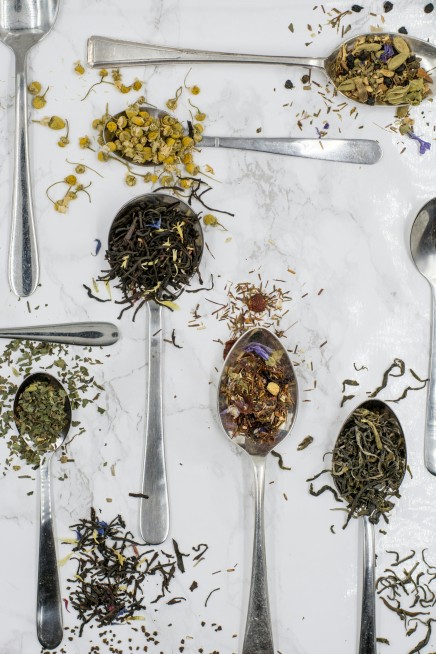Blog Post
Posted: 19th May 2025

Did you know that around 70% of your immune system lives in your gut?
Yep. Your gut isn’t just about digesting food — it’s your first line of defence against viruses, pathogens, and unwanted invaders. So when your body detects a virus (like the cold or flu), your immune system launches into full-blown warfare — and your gut becomes collateral damage.
This immune response can trigger:
Which means that even if your gut was mostly settled before, your symptoms can flare hard when you’re under the weather.
When you're sick, your nervous system goes on high alert too — especially if you're anxious about symptoms or already run down. That activates your HPA axis (the stress response system), and cortisol levels rise.
This can:
All of which worsens symptoms like bloating, reflux, nausea, or bowel irregularities.
So now, you're not only sick — you're inflamed, stressed, and bloated too. A trifecta of gut chaos.
Feeling cold can constrict blood vessels — including those around your digestive tract — and slow down circulation. Less blood flow = slower digestion = more symptoms.
Also, people tend to eat different foods when they’re sick or cold — more refined carbs, fewer fresh foods, not enough water. And that change can throw off your gut rhythm, especially if your microbiome is already struggling.
Here’s what you might notice:
It’s not just the virus — it’s the immune stress + food changes + hydration shifts + nervous system overload.
This isn’t about going gluten-free for a week and praying. It’s about supporting your body where it needs it most — nutritionally, emotionally, and immunologically.
Here’s your gut-first sick day strategy:
When you’re unwell, digestion slows. The goal isn’t to eat “more” — it’s to eat in a way that your body can actually handle.
✅ Choose:
⛔ Avoid:
Your gut is inflamed — give it a break with gentle nourishment that’s easy to absorb.
This part gets overlooked so often.
When you're sick, you:
So your hydration needs go up — but you’re often drinking less.
Here’s how to stay on top:
Don’t wait until you feel thirsty — by then, your gut is already drying out, slowing down, or reacting.
If you’re anxious, tired, or overwhelmed — it’ll show up in your gut.
So during colds, flus, or viruses, add in:
When the nervous system calms down, digestion follows.
After a bug, your gut bugs take a hit. So it’s worth gently reintroducing the good guys.
KLKNUTRITION50)If symptoms persist longer than a week, you might need deeper support — that’s where personalised coaching like the Mindful Gut Healing Method comes in.
When you’re sick, your gut is already working overtime. So if symptoms spike — that’s not a failure. It’s information. Your body is communicating that it needs a little extra support.
The goal isn’t perfection — it’s tuning in, gently adapting, and giving your body what it’s actually asking for.

How I can Help you
The 6 month Mindful Gut Healing ACCELERATOR to help you transform your health journey with my 1:1 coaching programme, designed to achieve maximum impact. This tailored approach will help you reach your wellness goals and embrace a life of balance and vitality.
Implement my 3-step process to discover exactly how to cultivate a mindful approach to eating and living. Learn to attract wellness and healing naturally, using proven methods and expert guidance.